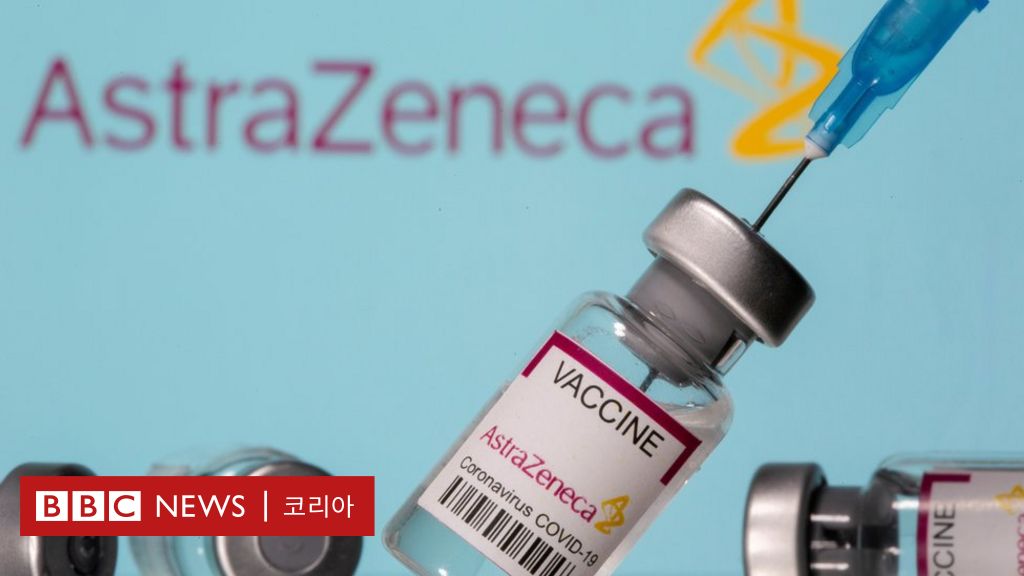
Photo Source, EPA
Germany, France, Italy and Spain had stopped vaccination against AstraZeneca as a preventive measure.
As the European Union’s pharmaceutical regulatory body concluded that the Oxford-AstraZeneca novel coronavirus infection (Corona 19) vaccine is “safe and effective”, major European countries will resume vaccination.
The European Medicines Agency (EMA) reexamined the AstraZeneca vaccine after 13 European countries stopped vaccinating the AstraZeneca vaccine due to fears of blood clots.
EMA concluded that AstraZeneca vaccine was not associated with an increased risk of developing blood clots.
Accordingly, Germany, France, Italy and Spain said they would resume vaccination against AstraZeneca.
Whether and when AstraZeneca vaccination will be resumed is at the discretion of individual European Union member states. Sweden said it would take several more days to decide whether to resume vaccination.
The World Health Organization (WHO) urged continued vaccination on the 18th, and will announce the results of its own review on the safety of the AstraZeneca vaccine on the 19th.
The EMA review focuses on a small number of outbreaks of blood disorders. In particular, cases of cerebral vein thrombosis were examined intensively.
The decision to stop AstraZeneca vaccination has raised more concern over the current vaccination situation in Europe, which is already hampered by a lack of vaccine supply.
French Prime Minister Jean Castex announced the new measures on the 18th, saying that the pandemic is showing a marked spread, and the possibility of a “third spread” is growing.
Prime Minister Castex said on the morning of the 19th that he would get the AstraZeneca vaccine himself.
What is the conclusion of the EMA’s investigation?
“The AstraZeneca vaccine is safe and effective,” said EMA Commissioner Emma Cook at a press conference.
When comparing the type of COVID-19 vaccine with the number of countries and regions using the vaccine, the AstraZeneca vaccine is widely used at a similar level to the Pfizer-Bioentech vaccine.
EMA’s Committee of Drug Safety Experts concluded that “the AstraZeneca vaccine is not associated with an increased risk of developing blood clots,” Cook said.
However, he added that the association between AstraZeneca vaccine and “a few cases of very rare but very serious thrombotic diseases” and AstraZeneca vaccine could not be completely ruled out.
Therefore, the committee recommended raising awareness, including including the potential for these risks in product descriptions, Cook said. Further investigation is also planned.
Commissioner Cook said, “If I were, I would get the vaccine right away.”
German Health Minister Jens Schfan welcomed the results of the EMA’s review, adding that “doctors need to know about the risk of venous thrombosis in women under the age of 55 and be able to inform their patients.”
What is the European reaction?
Thirteen countries in the European Union stopped using the AstraZeneca vaccine after reports of blood clots were reported in a small number of AstraZeneca vaccination patients.
Major European Union countries said they had stopped vaccinating AstraZeneca as a “precautionary measure”.
“There have been some very rare and worrisome reports of cases requiring cessation and analysis of vaccinations,” said Alain Fischer, an immunologist who heads the French government advisory group, “it’s not a waste of time,” told Inter Radio France.
The German Ministry of Health also stressed the need to stop vaccination, citing the case of blood clots in a small number of vaccinations. Germany has postponed the meeting to discuss the resumption of vaccination after the EMA’s announcement of the findings on the 18th.
Some countries, including Austria, have stopped vaccinating certain products of the AstraZeneca vaccine. Belgium, Poland, the Czech Republic and Ukraine said they would continue to be vaccinated against AstraZeneca.
Photo Source, Reuters
AstraZeneca claims there is no evidence that its vaccine increases the risk of developing blood clots
Several politicians and doctors criticized the cessation of the AstraZeneca vaccine.
A spokesman for Germany’s opposition Liberal Democratic Party said the government’s decision to stop vaccinations had disrupted vaccinations throughout Germany. Janosh Damen, a health expert from the German Green Party, said authorities could have continued vaccination.
“There are rows of bad decisions all over Europe,” said Dr. Anthony Cox, who studies drug safety at the University of Birmingham in the UK.
What is AstraZeneca’s position?
AstraZeneca claims there is no evidence that its vaccine increases the risk of developing blood clots.
Of the more than 17 million people vaccinated in the European Union and the UK as of the 8th, 37 cases of blood clots were reported, AstraZeneca said.
These numbers “are small compared to the hundreds of blood clots expected in the general population,” AstraZeneca said.
Professor Andrew Pollard, who leads researchers at Oxford University who developed the Oxford-AstraZeneca vaccine, said on the 15th, “It is very fortunate that there is evidence that the occurrence of blood clots has not increased in the UK, which accounts for the majority of European vaccinations to date.” Said on.
British Health Minister Matt Hancock urged the public to “listen to the government and health authorities and get the vaccine.”
